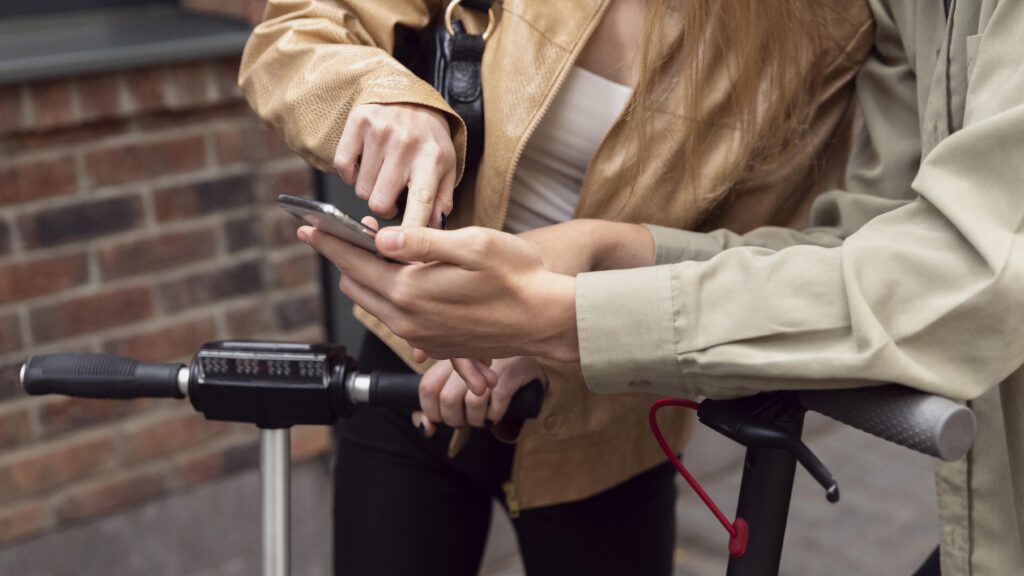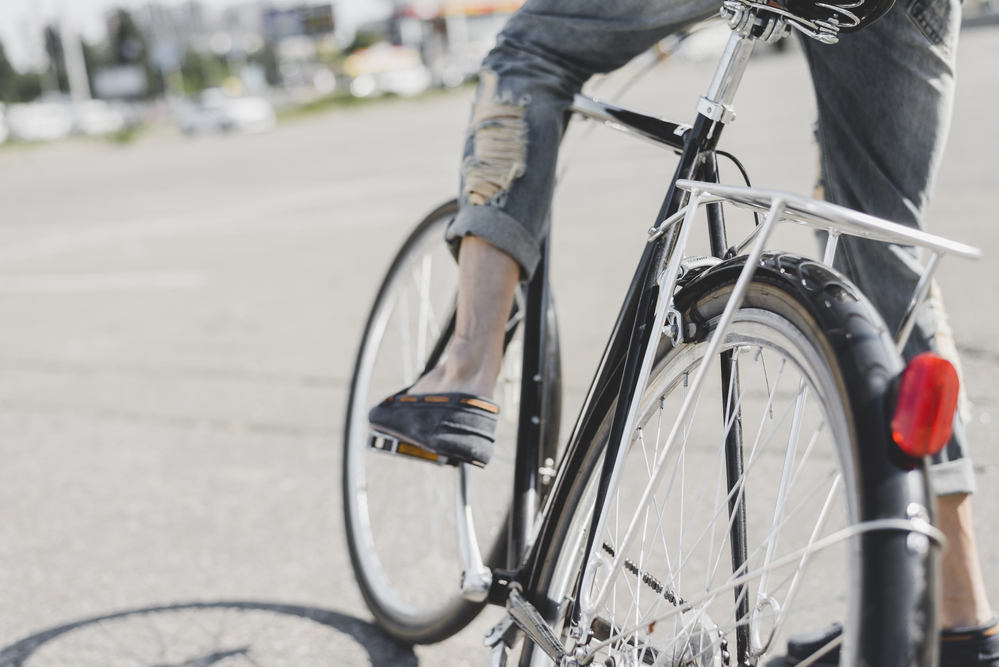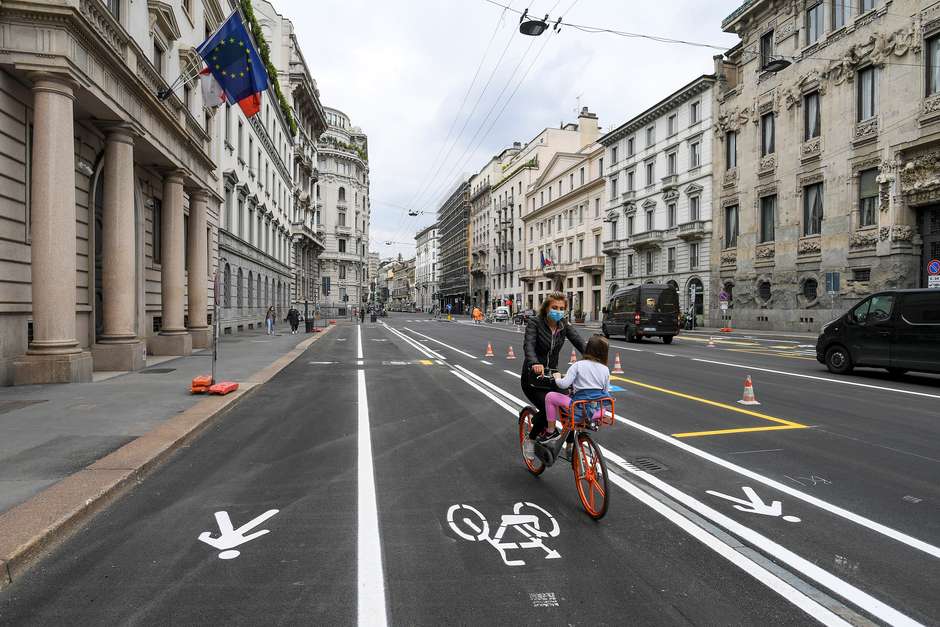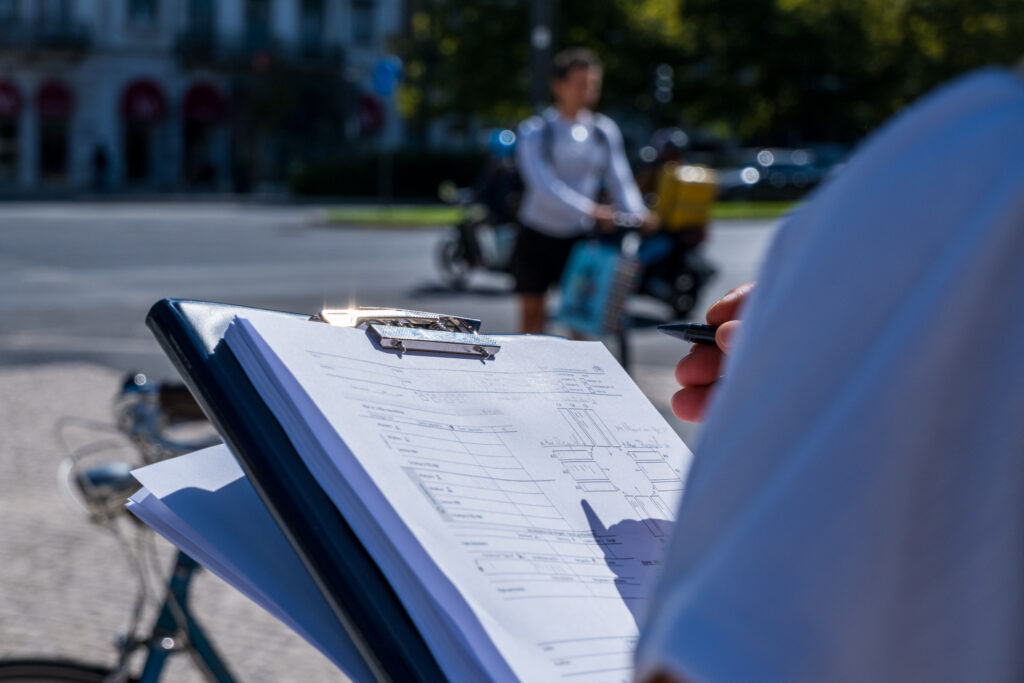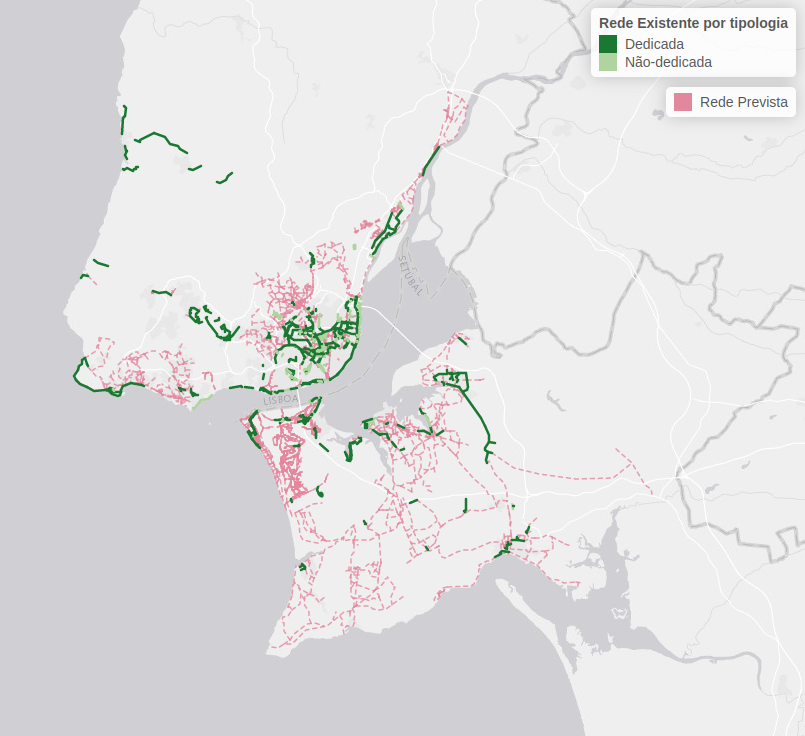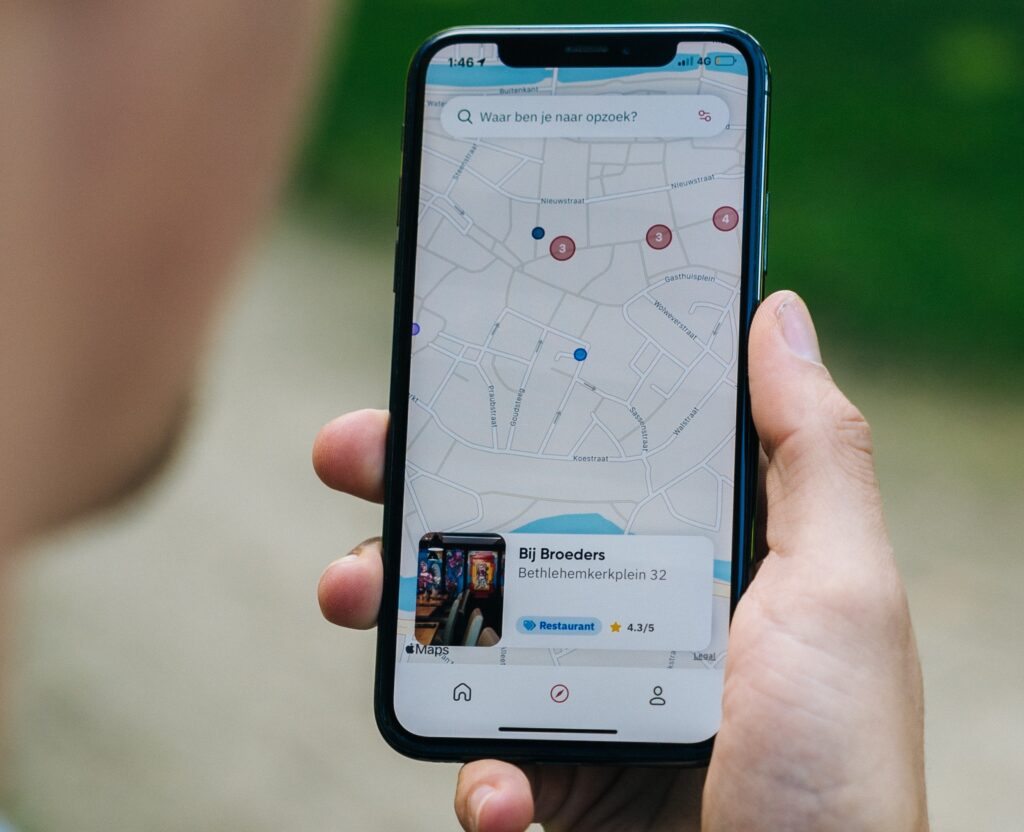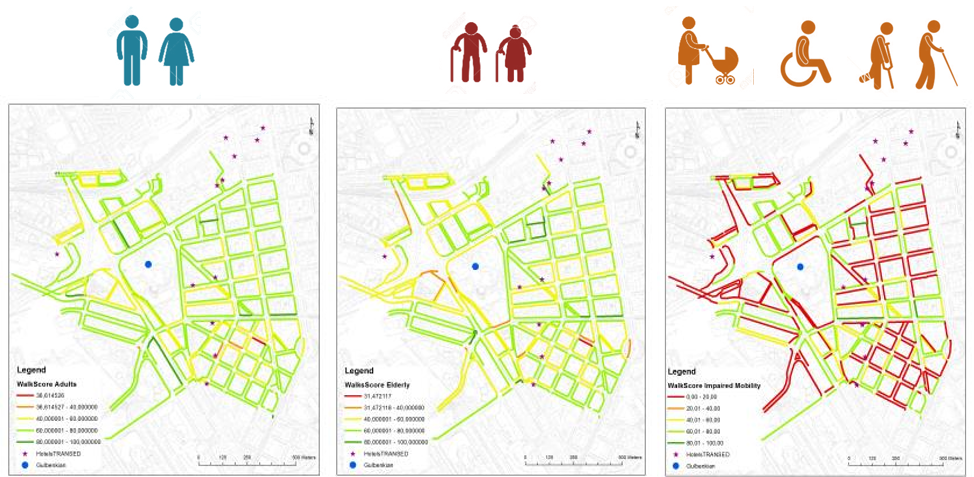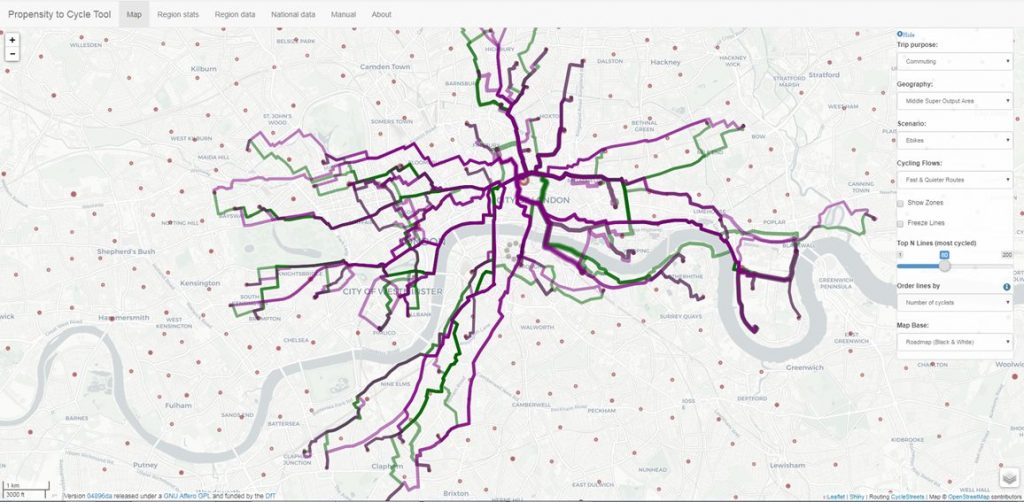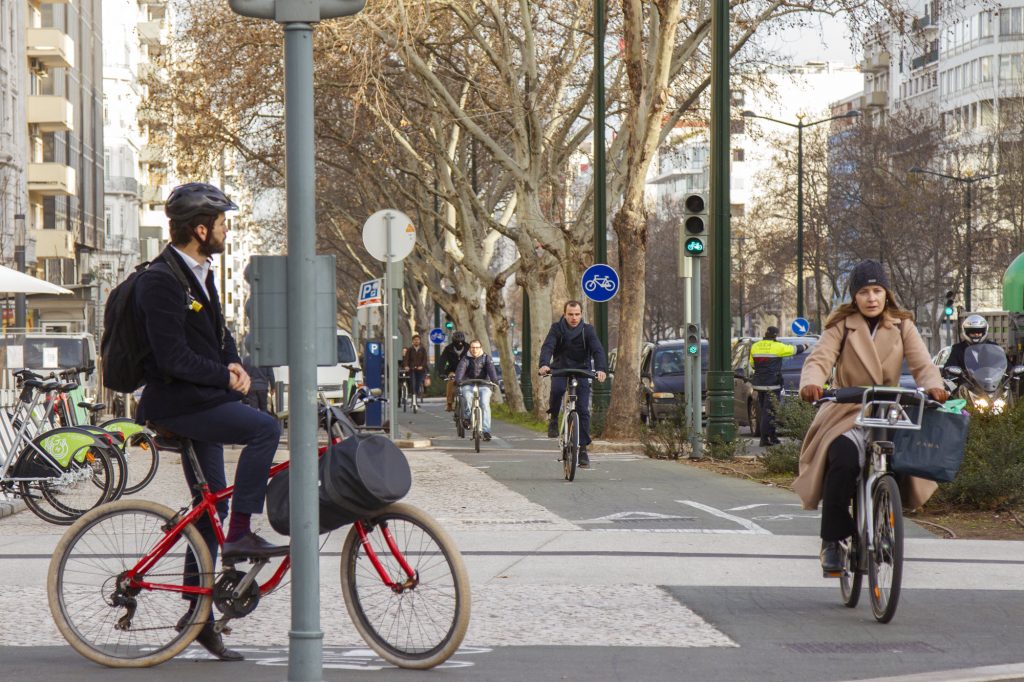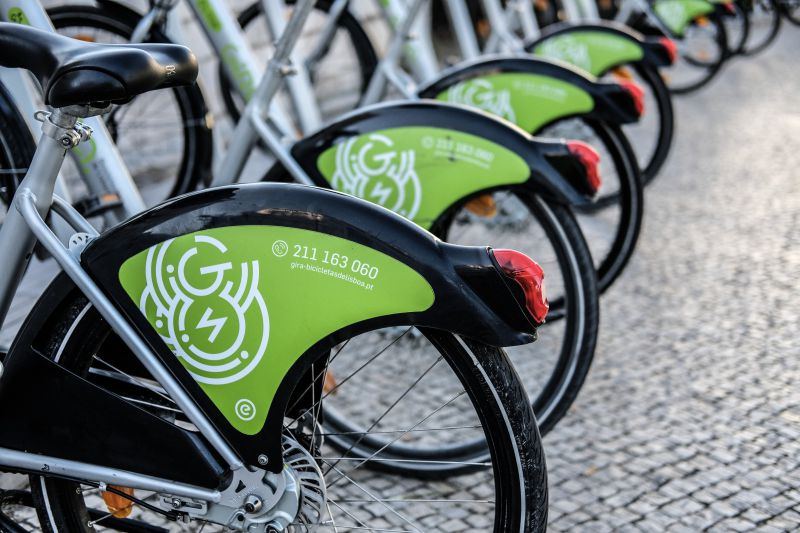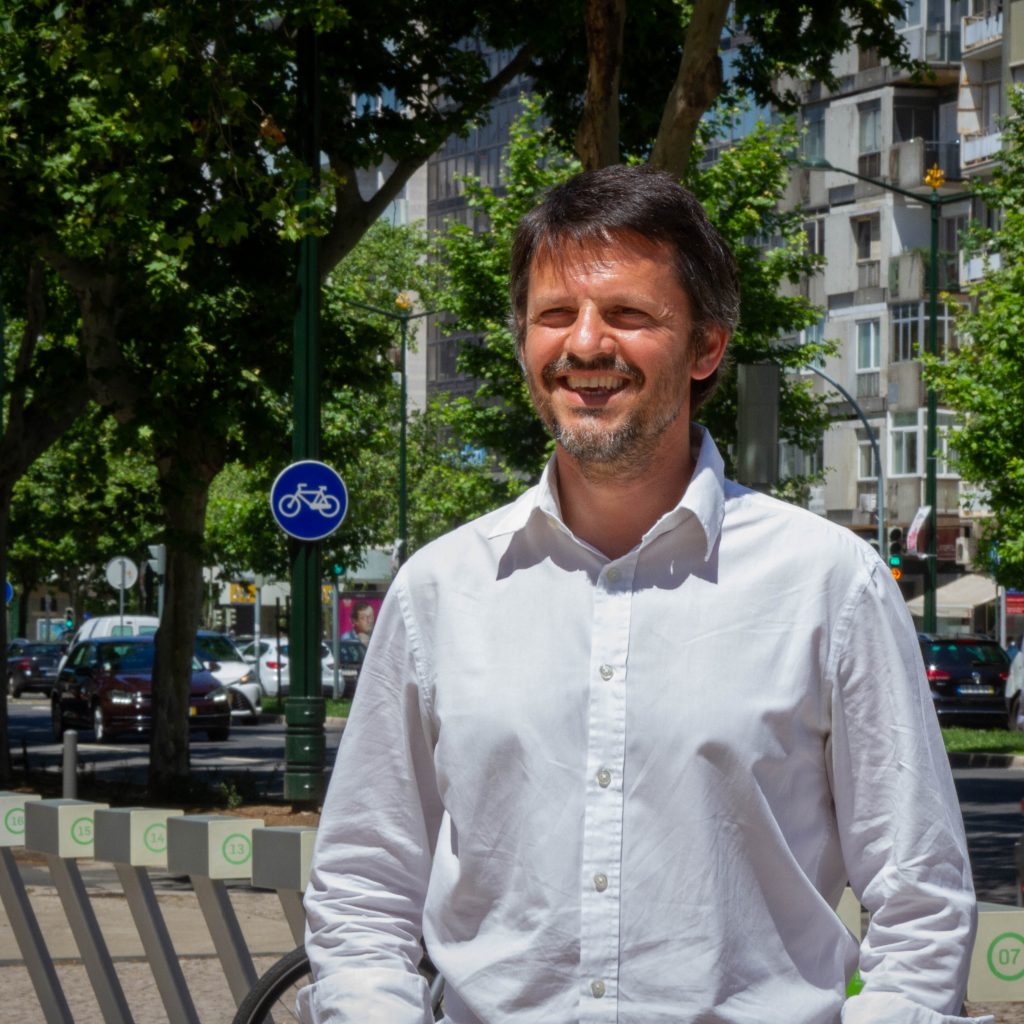
Filipe Moura
Associate Professor & Lab Head
Filipe Moura is an Associate Professor of Transportation Systems in the Department of Civil Engineering and Architecture at the Instituto Superior Técnico, University of Lisbon. He is a member of the Research Group of “Transport Systems” of CERIS. His research expertise relates to Urban Mobility, in particular, travel behavior analysis, transport demand modelling, sustainable mobility (including social aspects of transportation), technology diffusion, and road traffic management. Currently, his research interests focus on active modes of transportation and their interaction with the built environment; and, on autonomy in urban mobility, both from the perspectives of behavior (i.e., learning to be autonomous in my mobility, particularly for children and youth) and of technology (i.e., new business models for autonomous vehicles). Filipe is a Fulbright Scholar.
